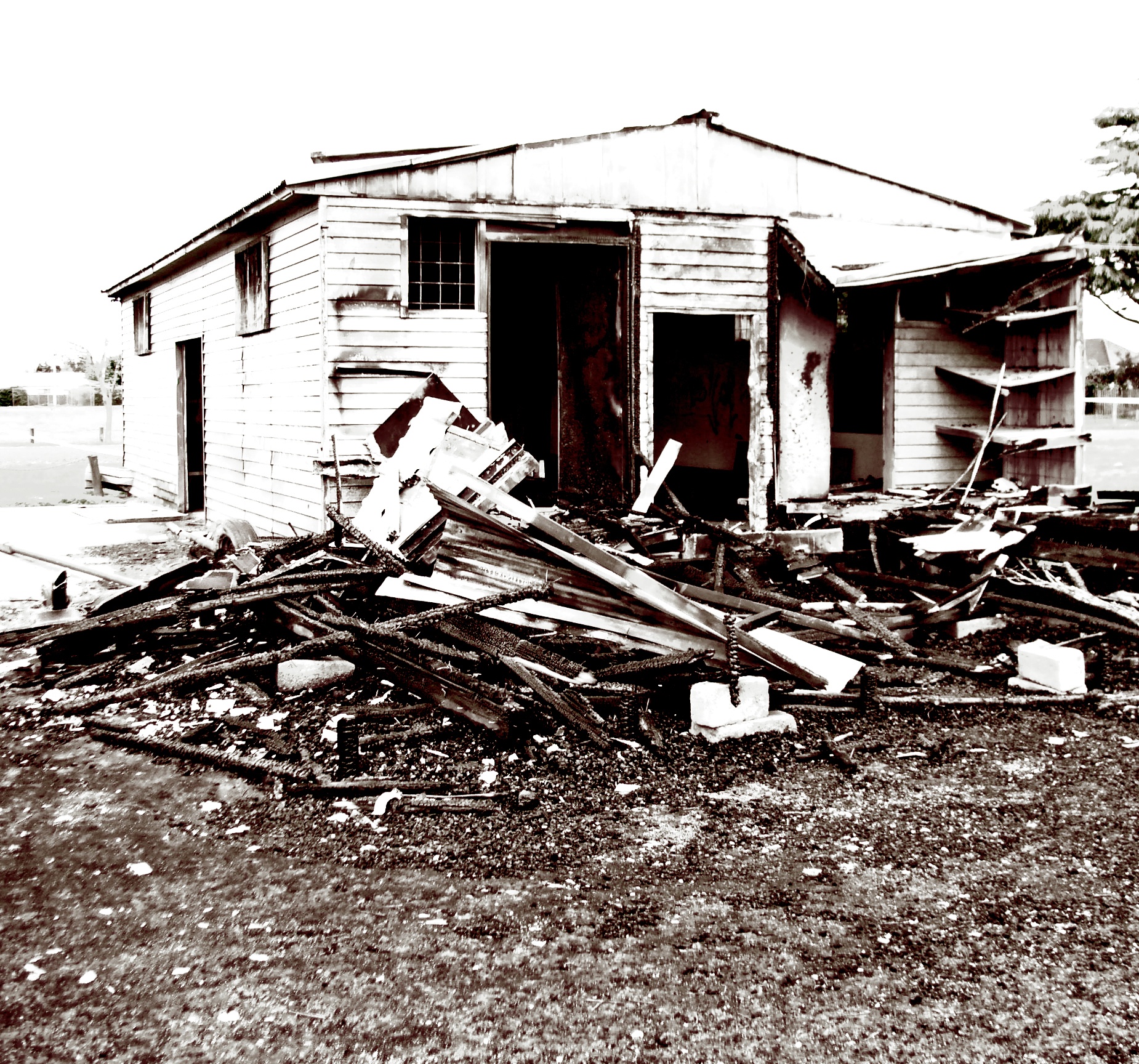You walk down these halls everyday, under the glowing rectangular lights, past the conference room windows. You see the offices where you and your colleagues stack framed family pictures on your desks. Before you even get to the break room door, you can smell the burnt popcorn. And even though you now remember the lunches that somehow got lost in the cavernous refrigerator, you love this place.
As frustrating as your job can be, it has also been rewarding. Over the years you have experienced so many successes in this office. What if it was all gone, burnt to the ground? Would all of your information be lost for good or do you have a plan to keep it safe?
How Often Do Fires Start?
According to data from FEMA, fires in nonresidential buildings decreased slightly from 2007 to 2011. However, the federal agency still reported over 85,000 fires in nonresidential buildings. The total monetary loss was $2.4 billion dollars.
Of those more than 85,000 fires in 2011, almost 8,000 were caused by electrical malfunction. Another 6,200 were caused by the building’s heating. In stores and office buildings alone, 4,200 fires were caused by cooking. Suddenly, that burnt popcorn smell seems even less endearing.
The truth is, fires can happen anywhere as a result of almost anything. A fire could start because of someone not paying attention to their food or a malfunctioning furnace or a power strip with one too many things plugged into it. Some of these things can be prevented, and some cannot. Either way, your company needs to be prepared.
How Do You Keep Information Safe?
While you scrutinize how safe your appliances are, you also need to consider how secure your data is. If a fire did happen, would you be able to recover all of those Excel spreadsheets and documents that are on your computer? What would happen to the business plans and earnings reports that you labored over for hours that you would call countless if it wasn’t your job to count them?
By storing data in the cloud, your company can prevent these losses. Also, storing things online does not mean that they will be even less secure. By having your files encrypted and organized, it is actually safer and easier to access than it would be if you strapped your computer to your back and carried it everywhere.
Remember, no one (who is not an arsonist) plans for a fire to happen. However, that does not mean that you do not need to have a plan just in case.
If you need a secure solution to encrypt and organize your data for secure storage in the cloud, we might suggestion having a look at echopath’s cloud backup solution to make sure that you’re protected in the event of a fire, or any other disaster.

